Poultry waste to generate clean energy
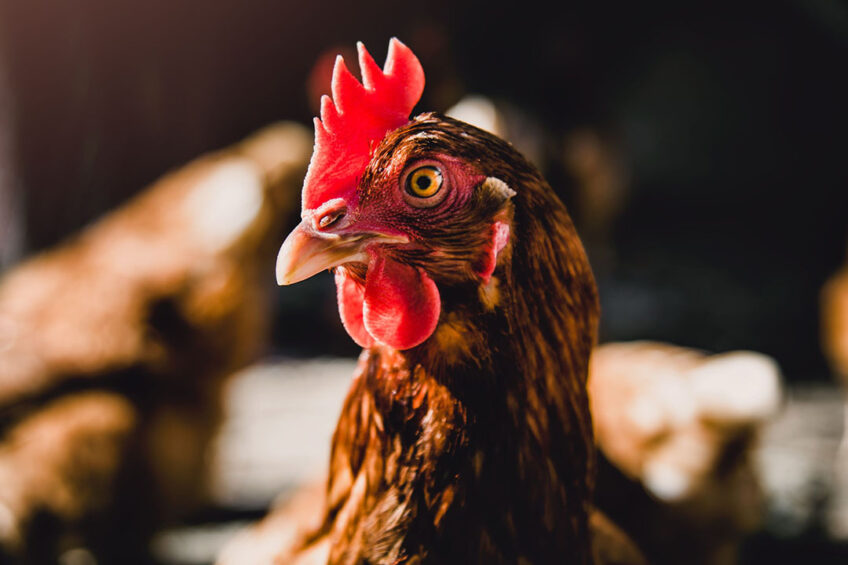
Integrated on-farm renewable energy and waste management technologies are to be investigated as part of a new £212,000 project supporting the decarbonisation of livestock agriculture.
Funding to explore energy generation from poultry waste, pig slurry and insect frass has been secured by BACB Renewables in partnership with University of Leeds. The study will analyse energy reduction and storage opportunities and identify the most viable waste for biogas production.
The first part of the study will involve baselining energy demands before looking at energy reduction, generation, and storage opportunities. In parallel, different waste samples will be analysed to identify the most viable waste feedstock using a newly-installed 40-foot walk-in insect bioreactor provided by insect technology company Entocycle.
Diversify income streams and protect local waterways
The trials will take place at the National Pig Centre, the UK’s largest, and will also look at how circular SMART systems may be used to diversify income streams and protect local waterways. High levels of phosphate and nitrate found in animal waste end up polluting rivers.
Researchers hope to decrease this effect, in part because when insects are raised on manure, they remove some of the toxic nutrients. In contrast, the waste from insects may be useful as fertiliser for other agriculture as it contains essential minerals.
Huge potential and high hopes
Dr Lloyd Glanville, BACB Renewables managing director, said agriculture currently made up around 11% of total greenhouse gas emissions in the UK: “Integrated farming technology provides huge potential for farmers to tackle these climate challenges, as well as boosting economic productivity and resilience, particularly in the context of increasing inflation and rising energy costs. We have high hopes that this study will bring us one step closer to meeting net zero in farming.”
Dr Gesa Reiss, Smart Agri-Systems senior innovation fellow at the University of Leeds, added: “To meet the challenges of sustainable food production and environmental sustainability, we must continue to work with partners to drive innovation and discovery in research. This is an excellent example of where academics and partners are coming together to tackle challenges in the UK farming industry.”
The study is one of 50 projects to secure funding from Defra and UK Research and Innovation.
 Beheer
Beheer


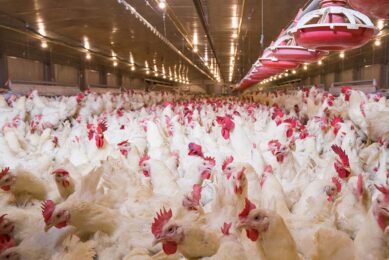
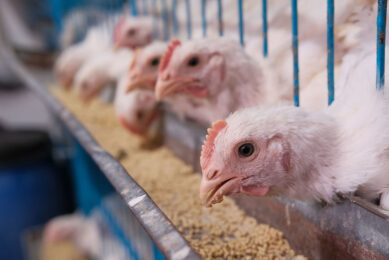
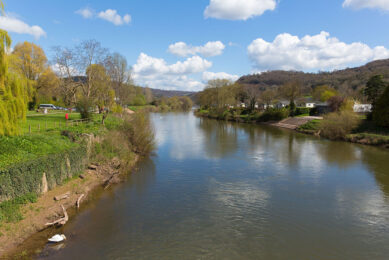
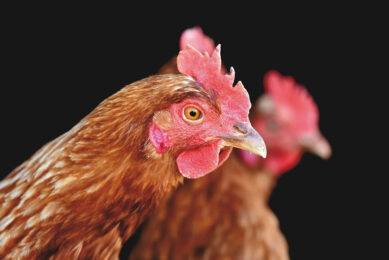





 WP Admin
WP Admin  Bewerk bericht
Bewerk bericht